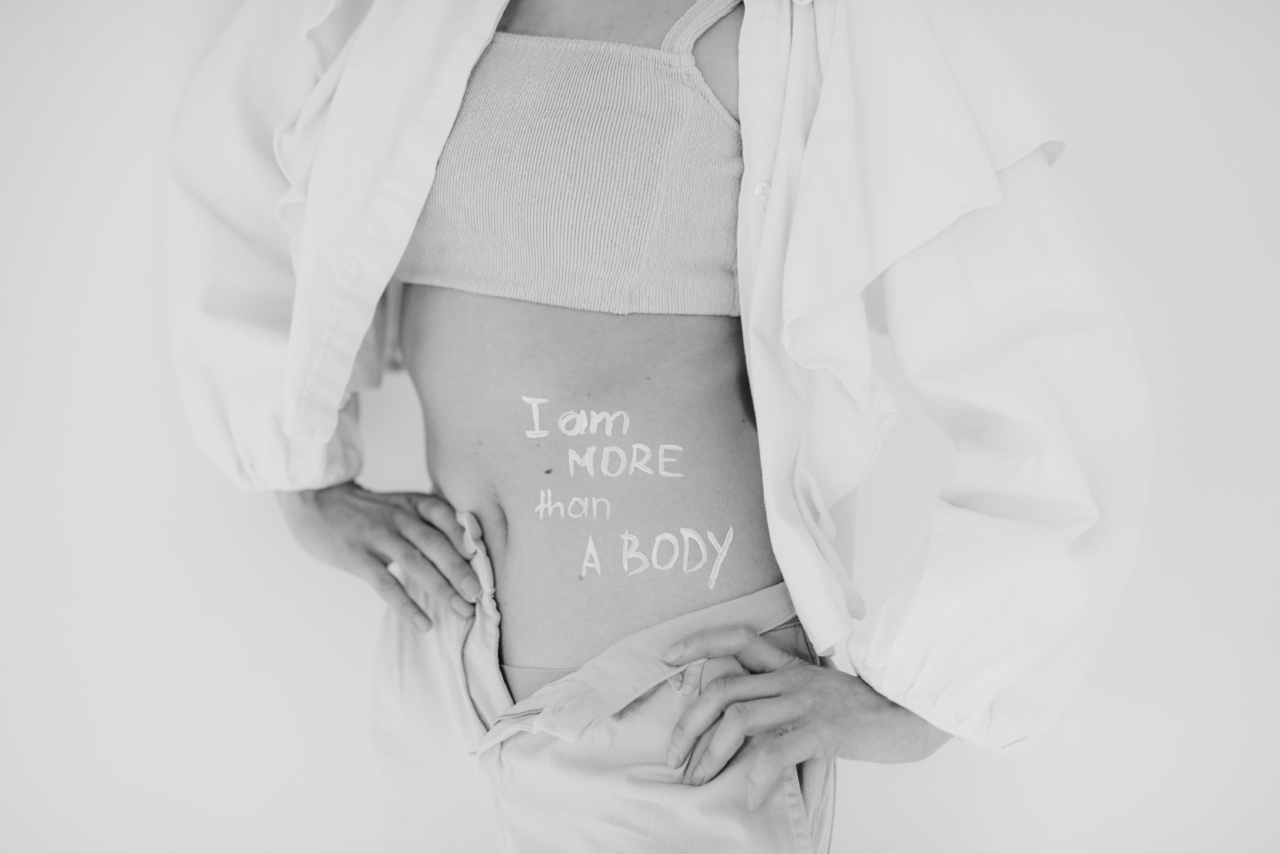Body language is the way we use our body movements, gestures, and facial expressions to communicate with others. It is an important aspect of communication and plays a significant role in conveying our thoughts, emotions, and intentions.
Body language affects our confidence levels in numerous ways, and it is important to understand how we can control it to project confidence and improve our overall well-being.
Body Language affects our Confidence Levels
Our body language not only communicates our thoughts and emotions to others but also affects our own thoughts and feelings about ourselves.
Studies have shown that the way we hold ourselves, our posture, and our gestures can have a direct impact on our confidence level and overall well-being.
Positive Body Language
Positive body language encompasses various elements that convey confidence and positivity. These include things like standing up straight, maintaining eye contact, smiling, and using open gestures.
These elements of body language have been shown to contribute to increased confidence levels and improved communication with others.
Negative Body Language
On the other hand, negative body language can convey insecurity and negativity, leading to reduced confidence levels. This can include things like slouching, avoiding eye contact, fidgeting, and crossing arms or legs.
These gestures can send signals that you are nervous or distracted, which can undermine your confidence and the confidence of those around you.
The Power of Posture
Posture plays a critical role in our overall body language and confidence levels. A strong, upright posture conveys confidence and self-assurance, while a slouching or hunching posture can indicate insecurity or discomfort.
Maintaining good posture not only projects confidence to others but also improves our own thoughts and feelings about ourselves.
Maintaining Eye Contact
Maintaining eye contact with others is one of the most important aspects of positive body language. It signifies interest, attentiveness, and confidence.
Studies have shown that people who maintain eye contact are perceived as more trustworthy, confident, and competent than those who don’t. Maintaining eye contact can also help increase our own confidence level and lead to better communication with others.
The Impact of Facial Expressions
Facial expressions are another important aspect of body language that can have a significant impact on our confidence levels. Smiling, for example, conveys friendliness, warmth, and confidence.
A frown, on the other hand, can indicate sadness, anger, or frustration and can lead to reduced confidence levels. It is important to be aware of our facial expressions and use them to convey positivity and confidence in our interactions with others.
Using Open Gestures
Open gestures, such as uncrossed arms and open palms, can convey a sense of openness and receptivity. These gestures indicate that you are open to communication and ready to engage with others.
Closed gestures, such as crossed arms or legs, can indicate defensiveness and a lack of interest in communication, which can lead to reduced confidence levels.
Body Language and Emotional States
Our body language can also have an impact on our emotional states.
Studies have shown that adopting confident body language, such as standing up straight and maintaining eye contact, can lead to increased levels of testosterone, which is associated with feelings of confidence and assertiveness. Conversely, adopting slouching or hunching postures can lead to increased levels of cortisol, a stress hormone associated with negative emotions and reduced confidence levels.
By understanding how our body language affects our emotional states, we can take steps to project confidence and positivity in our interactions with others.
Conclusion
Overall, body language plays a critical role in our confidence levels and overall well-being.
By understanding how our body language affects our thoughts, emotions, and interactions with others, we can take steps to project confidence and positivity in our interactions. This can lead to improved communication, increased self-confidence, and enhanced well-being.





























